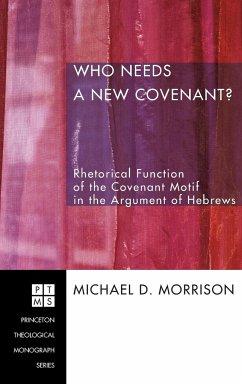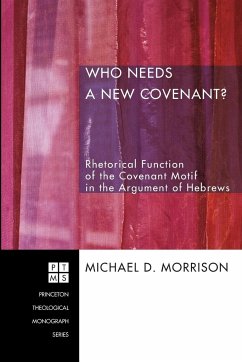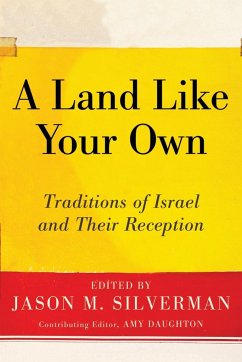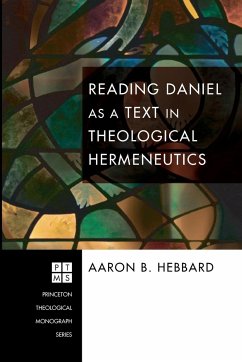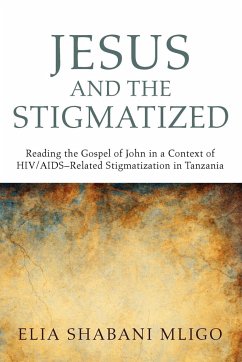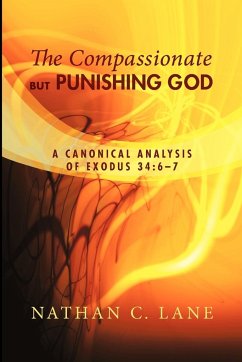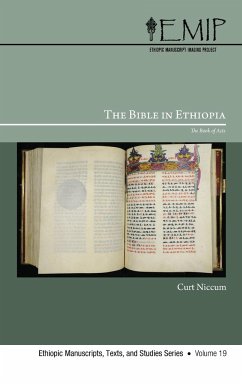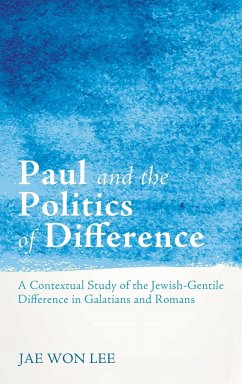Although covenant is a major theme in Hebrews, Morrison contends all mention of covenant can be deleted without damaging the coherence of the epistle or its christological conclusions. What role, then, does the covenant motif have in the epistle? The arguments in Hebrews are aimed at a Jewish audience--they ignore the needs and religious options relevant to Gentiles. For the readers, the Sinai covenant was the only relevant conceptual competitor to Christ. First-century Jews looked to the Abrahamic and Mosaic covenants as the basis of their obligations to God and God's promises toward them. Although most Jewish writers merged these covenants as if they were one, the author of Hebrews does not--he retains the Abrahamic promises while arguing that the Mosaic covenant is obsolete. The covenant concept supports the exhortations of Hebrews in two ways: 1) it provides the link between priesthood, worship rituals, and other laws, and 2) it enables the author to argue for allegiance to the community as allegiance to Christ.
Hinweis: Dieser Artikel kann nur an eine deutsche Lieferadresse ausgeliefert werden.
Hinweis: Dieser Artikel kann nur an eine deutsche Lieferadresse ausgeliefert werden.

